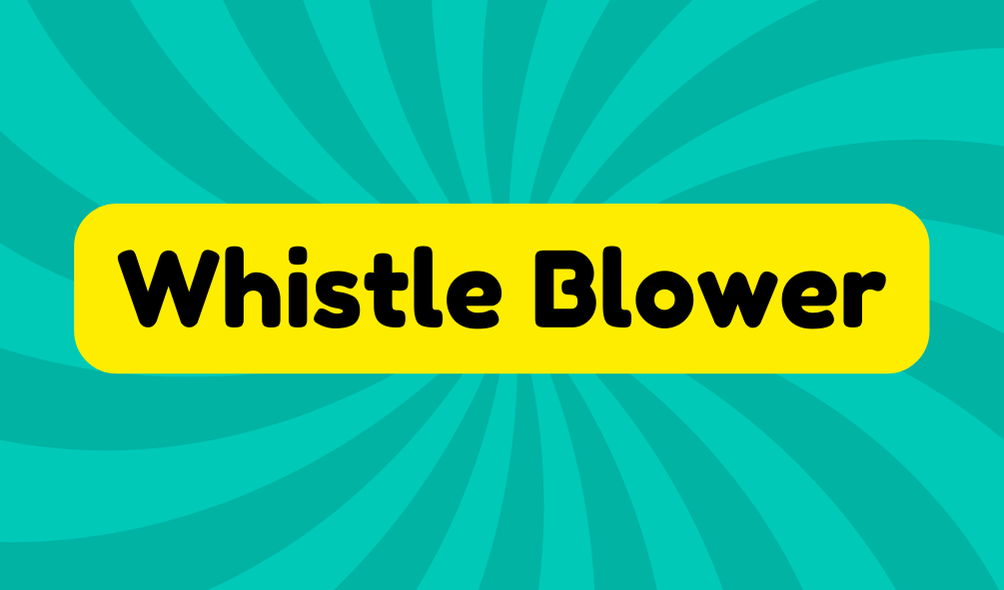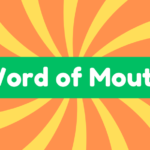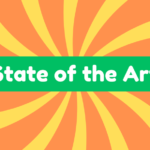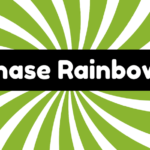A whistleblower is someone who reports unethical or illegal activities within an organization. The term dates back to the 19th century, originating from the practice of using whistles to alert others to wrongdoing. Despite protective laws, whistleblowers often face retaliation, raising questions about the effectiveness of these measures. For example, a corporate employee might expose financial fraud, risking their career for integrity. Today, the role of whistleblowers is essential in promoting transparency and accountability. Understanding these complexities reveals much about the societal challenges in supporting those who stand against misconduct. Exploring further can provide deeper insights into this important issue.
Synonyms
In the domain of whistleblowing, various terms serve as synonyms that capture the essence of this critical action. Understanding these terms not only broadens the awareness of whistleblower rights but also highlights the importance of legal protections for those who dare to speak up against wrongdoing. Key synonyms include:
- Whistleblower
- Whistle-blower
- Whistle blowing
- Blowing the whistle
- Exposer
Each of these variants embodies the individual's courage to reveal unethical or illegal activities, often at great personal risk. However, despite the existence of these synonyms, the reality remains that many potential whistleblowers hesitate to come forward, fearing retaliation. Consequently, stronger advocacy for whistleblower rights is imperative to encourage transparency and accountability in organizations.
Example of Sentences
Whistleblowing plays an essential role in promoting ethical behavior and accountability within organizations. It serves as a guardian of integrity, but many face significant challenges. The commitment to whistleblower protection is critical for individuals standing against unethical practices. Here are some illustrative sentences:
- The whistleblower provided documents evidencing toxic waste dumping.
- She revealed involvement in money laundering, prompting an extensive investigation.
- A report was filed regarding unsafe working conditions as a whistle-blower.
- Facing retaliation, he courageously whistle-blew on illegal waste disposal.
- Evidence of bribery and fraud was submitted, reporting corruption within the department.
These examples highlight the ethical responsibility that individuals embrace, often risking their well-being for the greater good. Addressing the barriers they encounter is imperative in fostering a culture of transparency.
Origin
The concept of whistleblowing has deep historical roots, tracing back to the 19th century when the term referred to alerting others to violations through the use of a whistle. This practice evolved as society began to recognize the value of transparency and accountability. Key historical whistleblower cases, such as those from the early 20th century and poised by Ralph Nader in the 1970s, helped reshape public perception, framing whistleblowers as defenders of societal integrity. Over time, legislation emerged, including whistleblower protection laws designed to safeguard individuals who expose misconduct. However, despite these protective measures, many whistleblowers still face retaliation, raising questions about the effectiveness of such laws and the challenges inherent in promoting ethical behavior in organizations.
Collocations
Collocations related to whistleblowing enhance the understanding of this multifaceted concept by illustrating how specific terms and phrases are commonly used together. Recognizing these collocations can help clarify the essential elements of whistleblower protection and whistleblowing ethics. Here are some influential terms:
- Ethical whistleblower practices
- Whistleblower protection laws
- Whistleblowing reporting procedures
- Corporate whistleblowing policies
- Retaliation against whistleblowers
How to Use in Everyday Language
Understanding whistleblowing terminology can greatly enhance communication around this vital subject. Integrating terms like "whistleblower protection" into everyday discussions fosters awareness of ethical responsibility in various environments. Recognizing the role of whistleblowers empowers individuals to understand the risks involved when reporting misconduct. For instance, when discussing workplace safety, one might say, "Employees should feel safe to report issues without fear of retaliation; effective whistleblower protection is essential." This phrasing encourages ethical behavior and highlights the importance of supporting those who take the brave step of blowing the whistle. Additionally, using clear examples when explaining this term helps cultivate a culture where accountability is valued. Awareness and acceptance of whistleblowing can prompt necessary conversations about responsibility and integrity in our communities.
Why Is It Still Relevant Today?
Given the persistent nature of corporate misconduct and ethical violations, the role of whistleblowers remains crucial in contemporary society. Their willingness to expose wrongdoing allows individuals and organizations to address issues that considerably impact society. Despite the critical importance of their actions, many whistleblowers face retaliation, highlighting the need for robust legal protections. As businesses and governments grapple with transparency, the insights provided by whistleblowers foster accountability and inspire innovation. This relevance is further amplified by modern technology, enabling quicker dissemination of information, which can lead to more immediate consequences for unethical practices. Consequently, understanding and supporting whistleblowers is imperative to creating a safer, more ethical environment in which integrity is valued and rewarded.







